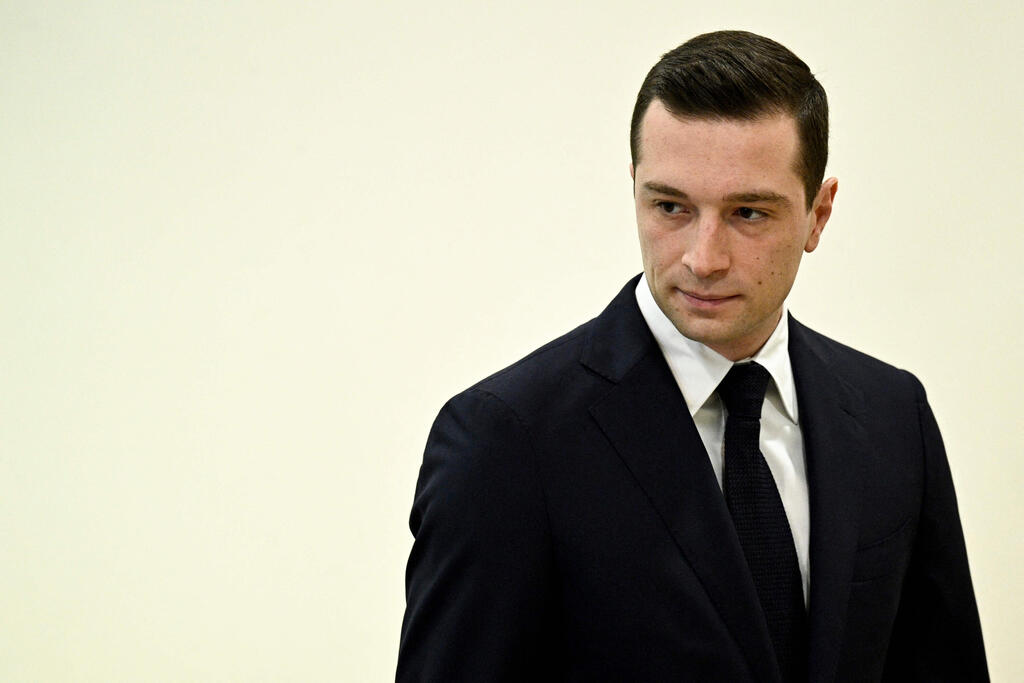Beyond the internal dynamics within the Jewish community, this development could also have broader societal repercussions. French Jews have faced rising antisemitism from multiple sources, including Islamist extremists, segments of the far left, and lingering far-right elements. Any perception, accurate or not, of a rapprochement between Israel and the National Rally could fuel antisemitic narratives that falsely depict Jews as aligned with divisive political forces in France. In a reality where antisemitic incidents are already on the rise, there is a risk that such narratives could exacerbate tensions.
3 View gallery


Aftermath of a car bomb explosion outside a Synagogue in France last year
(Photo: Pascal Guyot / AFP)
At the same time, this situation reflects a wider trend in Israel’s global diplomacy – alliances are being reassessed in light of shifting geopolitical circumstances. Across Europe, political parties once considered outsiders are gaining influence, and Israel is navigating these changes by engaging with a spectrum of political actors. While this approach has its strategic rationale, it also raises thorny questions about how such moves impact Jewish communities abroad, particularly in societies already facing complex political and social pressures.
It must be acknowledged that Israel’s diplomatic decisions, especially those related to the fight against antisemitism, have ripple effects far beyond their immediate context. French Jews, who stand on the front lines of this battle every day, must now navigate the consequences of this moment. Understanding their concerns, acknowledging the historical sensitivities at play, and ensuring that efforts to combat antisemitism remain productive and unifying should be key considerations – in Israel, in France, and everywhere else.
Dr. Dov Maimon is a senior fellow at the Jewish People Policy Institute (JPPI), and oversees its activities in Europe. His new book, The Ukraine War: A Jewish and Israeli Perspective, has just been published by JPPI.





